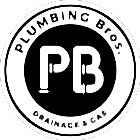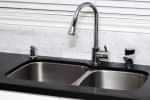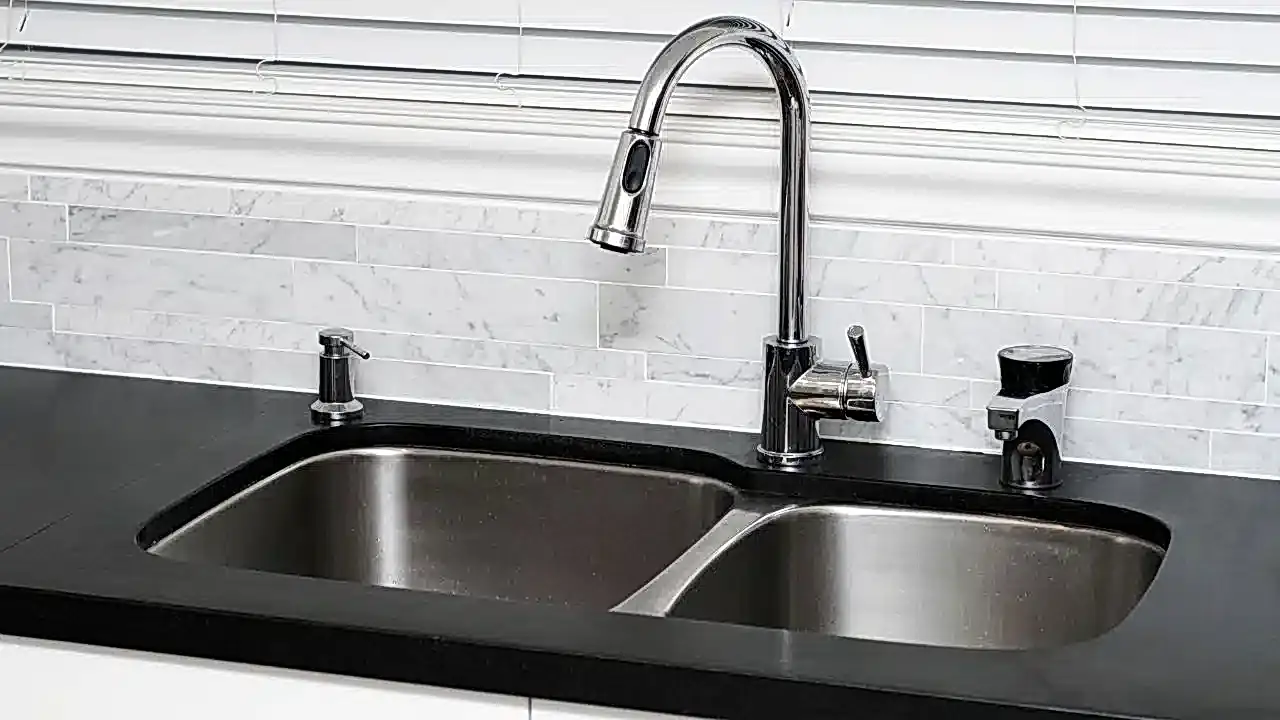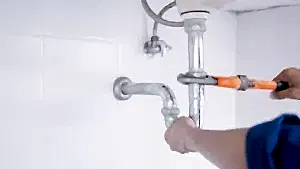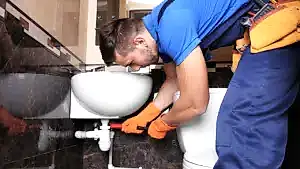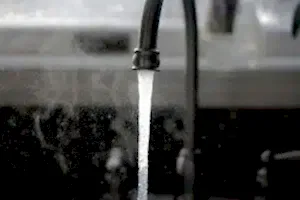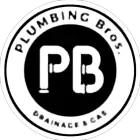A blocked, smelly or leaking kitchen sink can throw your entire day off. It’s one of the home’s most-used spots, so when something goes wrong, you’ll feel it fast.
But before you hit the panic button, you might be able to fix some issues yourself. Here’s a simple, no-fuss guide to tackling the most common kitchen sink plumbing problems — and knowing when it’s time to call in the pros.
Recognising common kitchen sink plumbing problems
Not all plumbing woes come with a dramatic burst pipe. Most of the time, they start with small, quiet indications that something isn’t quite right. Catching these early can save you time, money and a kitchen full of soggy cupboards.
Some of the most common kitchen sink plumbing problems include:
- Water draining slowly
- Gurgling sounds or bubbling water
- Funky smells
- Leaks or water pooling under the cabinet
- Taps that drip or feel loose
These signs often pop up gradually and are easy to brush off, but doing that leads to bigger, messier problems. If you’re noticing one or more of these, it’s time to roll up your sleeves or call a kitchen plumbing repair specialist before it worsens.
Step 1 — Unclog a slow or blocked drain
Food scraps, grease and even coffee grounds can build up in your pipes over time, leading to a stubborn clog. Start by removing any visible debris around the drain. Then try pouring boiling water down — followed by a mix of bi-carb soda and vinegar if it’s still slow. Let it fizz, flush again and see if the flow improves.
Plungers are great for deeper blockages — just ensure enough water is in the sink to cover the rubber. And if that still doesn’t work, it might be time for a drain snake or a qualified kitchen sink plumbing repair expert. Avoid supermarket “drain bombs” or harsh chemicals, they often cause more damage than they solve.
Step 2 – Fixing leaks under the sink
A slow drip under your kitchen sink can quickly turn into a full-blown mess — damaging cabinets, attracting pests and spiking your water bill. The usual suspects are:
- Loose fittings around the U-bend or waste trap
- Worn-out washers in the tap connections
- Cracked seals or pipe threads that have worked loose over time
Grab a torch and take a good look while the tap’s running. Tighten any obvious fittings gently with a wrench (don’t overdo it). If the leak keeps coming, it might be a damaged seal — easy enough to replace if you’re confident, but better left to a kitchen plumbing repair pro otherwise.
Step 3 — Dealing with bad smells
There’s nothing worse than cooking dinner next to a sink that smells like a blocked drain. Usually, the culprit is built-up food gunk or a dry P-trap. To troubleshoot, start by flushing the sink with boiling water. Then, pour in the same bi-carb and vinegar solution, let it fizz, and rinse with more hot water. This clears out bacteria and organic build-up that cause the stink.
If your sink isn’t used daily, the water in the P-trap may have evaporated, leaving a clear path for smells to rise. Run the tap for a minute or two, and the smell should settle. However, if the odours persist, you may be dealing with venting problems or deeper issues that call for proper kitchen sink plumbing repair.
Step 4 – Fixing low water pressure at the kitchen tap
Low pressure in the kitchen isn’t just annoying — it makes rinsing dishes and filling pots laborious. Start by removing the aerator at the end of your tap. These often collect sediment or scale, especially in areas with hard water. A quick soak in vinegar can usually clear the blockage.
Next, check the isolation valves under the sink. They may have been bumped or only partially turned on. If your home has older pipes, mineral build-up might be affecting flow, which calls for more involved kitchen plumbing repair work.
Step 5 – What to do when problems keep coming back
You’ve cleared the drain, tightened the fittings, flushed out the smells — but the same issues come back a few weeks later. That’s a sign you’re only treating the symptoms, not the cause.
Recurring clogs, drips or smells often point to:
- Poor pipe alignment
- Old or corroded plumbing
- Faulty installations
- Blocked or broken vent stacks
You’ll need an expert to inspect the whole system and conduct professional kitchen sink plumbing repairs in these cases. Now, remember, there’s no shame in calling a plumber. In fact, it’s often the smartest (and most affordable) move.
Past the point of DIY? We’ve got it from here
Kitchen sink plumbing problems can turn into major headaches if left unchecked. While some issues are easy to fix, others need expert hands. Enter Plumbing Bros. We make kitchen plumbing repair straightforward and absolutely stress-free. We charge no call-out fees, and every job comes with our five-star service promise — including a lifetime workmanship warranty and a triple-check quality process.
Contact us or drop by today for repairs, supplies or more information. And if you’ve ever thought about building your own plumbing business, you can join us as a Plumbing Bros franchisee. It’s a chance to lead your own crew with the full support of a national brand behind you.
FAQs
What’s the most common cause of kitchen sink issues at home?
At Plumbing Bros we see it daily — food scraps, grease, coffee grounds and soap scum all combine over time to block your pipes. Even if it seems minor, that slow drain or occasional gurgle is often the start of a bigger issue. That’s why we recommend regular servicing to keep things flowing and avoid emergencies. It’s a simple way to protect your kitchen, pipes and peace of mind.
Can plumbing maintenance help lower utility bills?
Yes. Routine maintenance catches small inefficiencies like leaking taps or running toilets before they drive up your water usage. A single dripping tap can waste over 15,000 litres of water per year. Plumbing Bros regularly helps clients spot these hidden problems through proactive inspections and tune-ups.
Why is plumbing maintenance crucial during peak season?
During peak seasons like holidays or summer, plumbing systems face extra demand. Hot water systems, dishwashers and taps all work harder, increasing the risk of failure. At Plumbing Bros., we help clients stay ahead with pre-peak checkups that keep systems running smoothly under pressure.
What key plumbing maintenance tasks should businesses prioritise?
Businesses should stay on top of leak detection, backflow testing, hot water system servicing and drain inspections. These tasks protect against water damage, ensure safety compliance and prevent operational downtime. Plumbing Bros works with commercial clients Australia-wide to customise scheduled maintenance plans that suit their premises and hours.
Got more questions? Check out our full FAQs page for expert advice.
